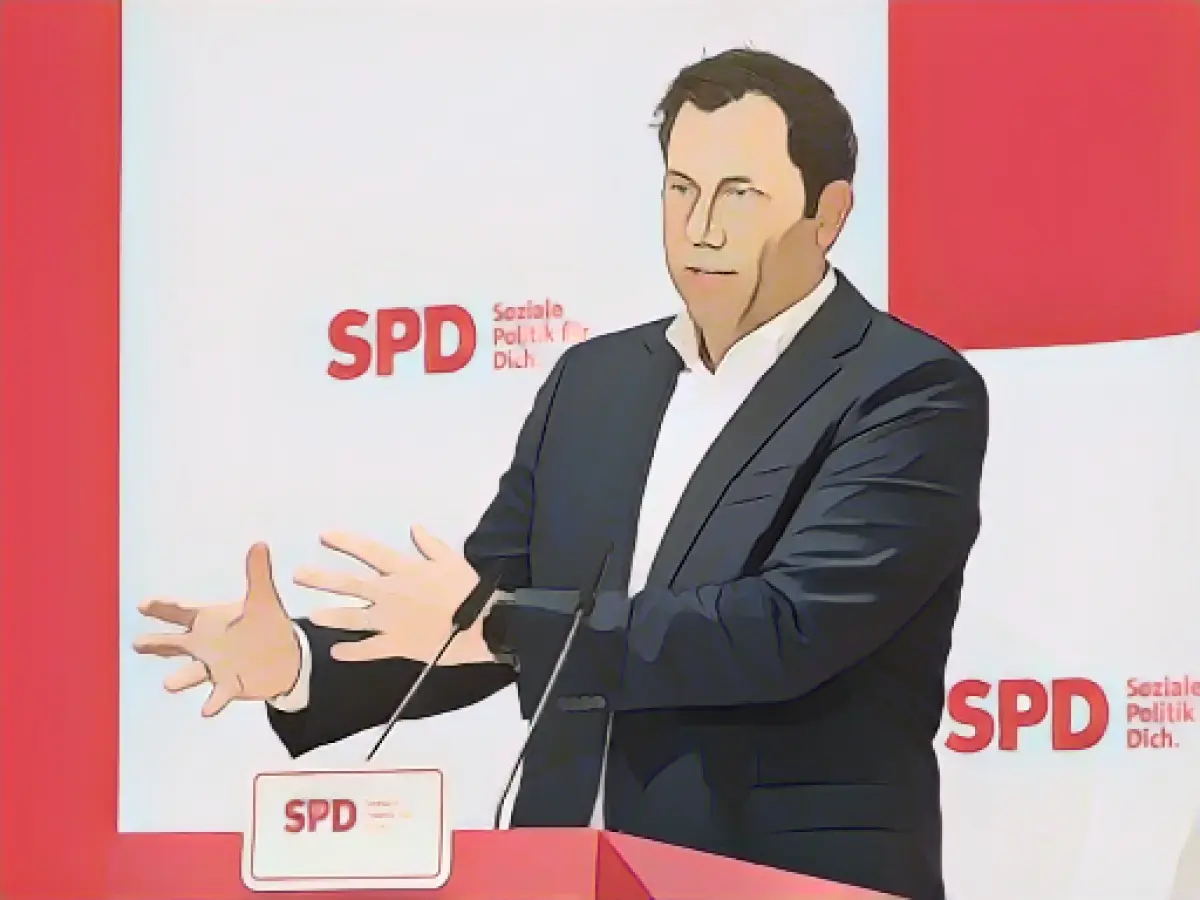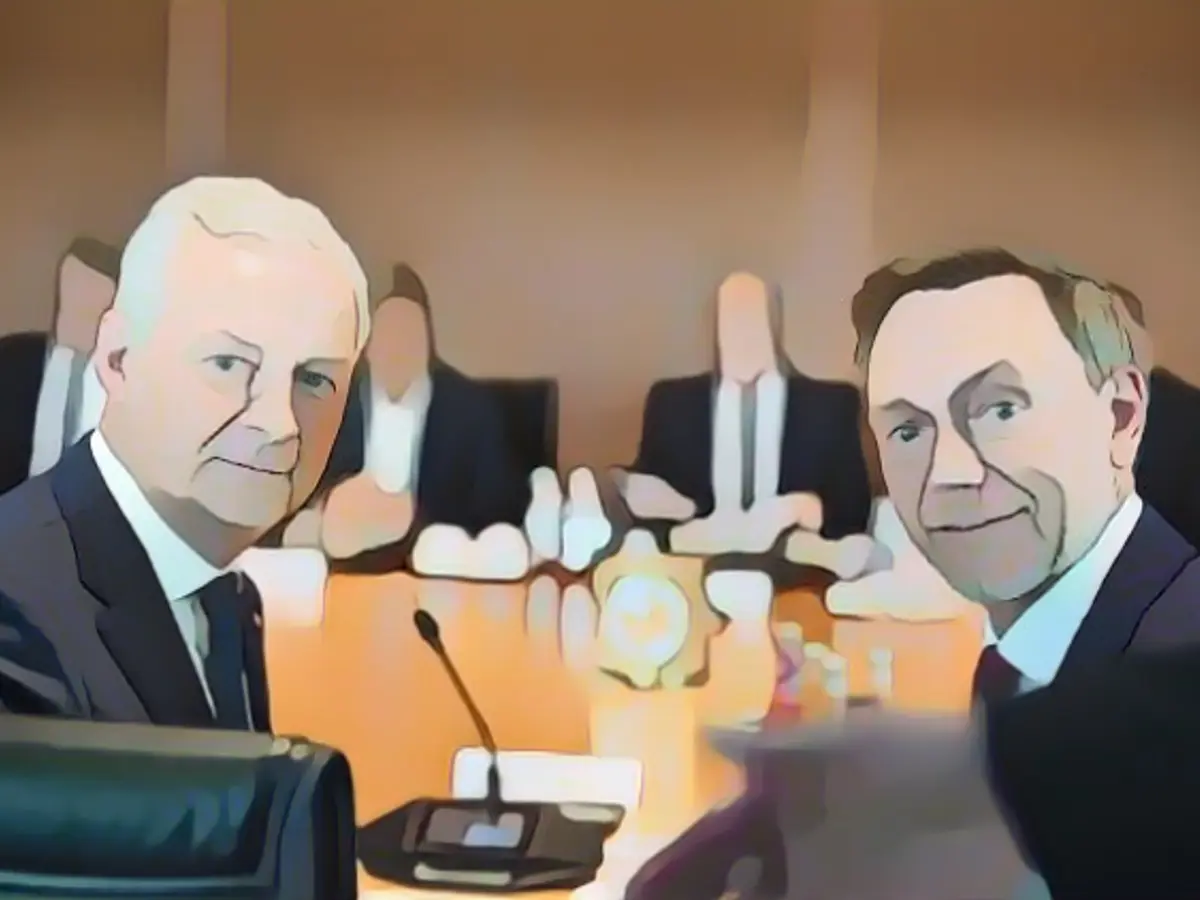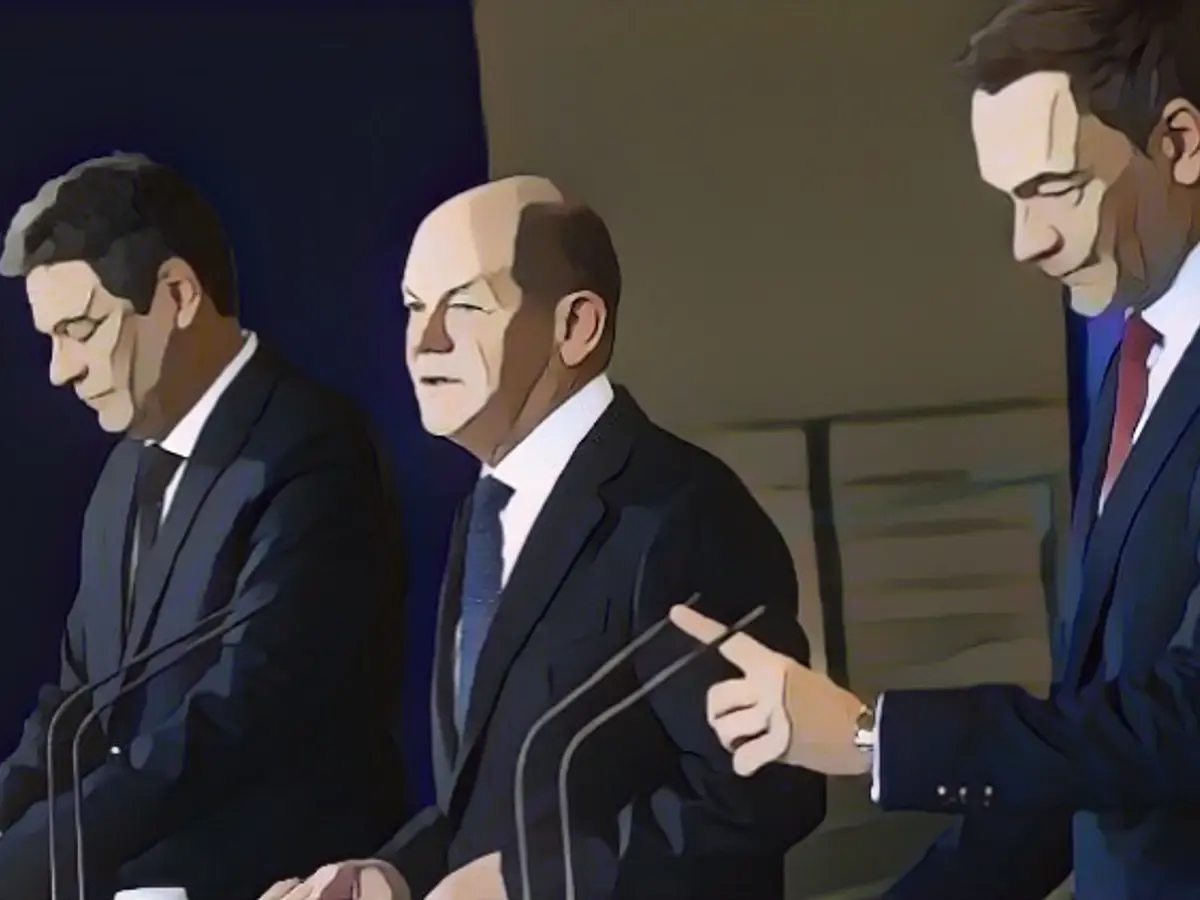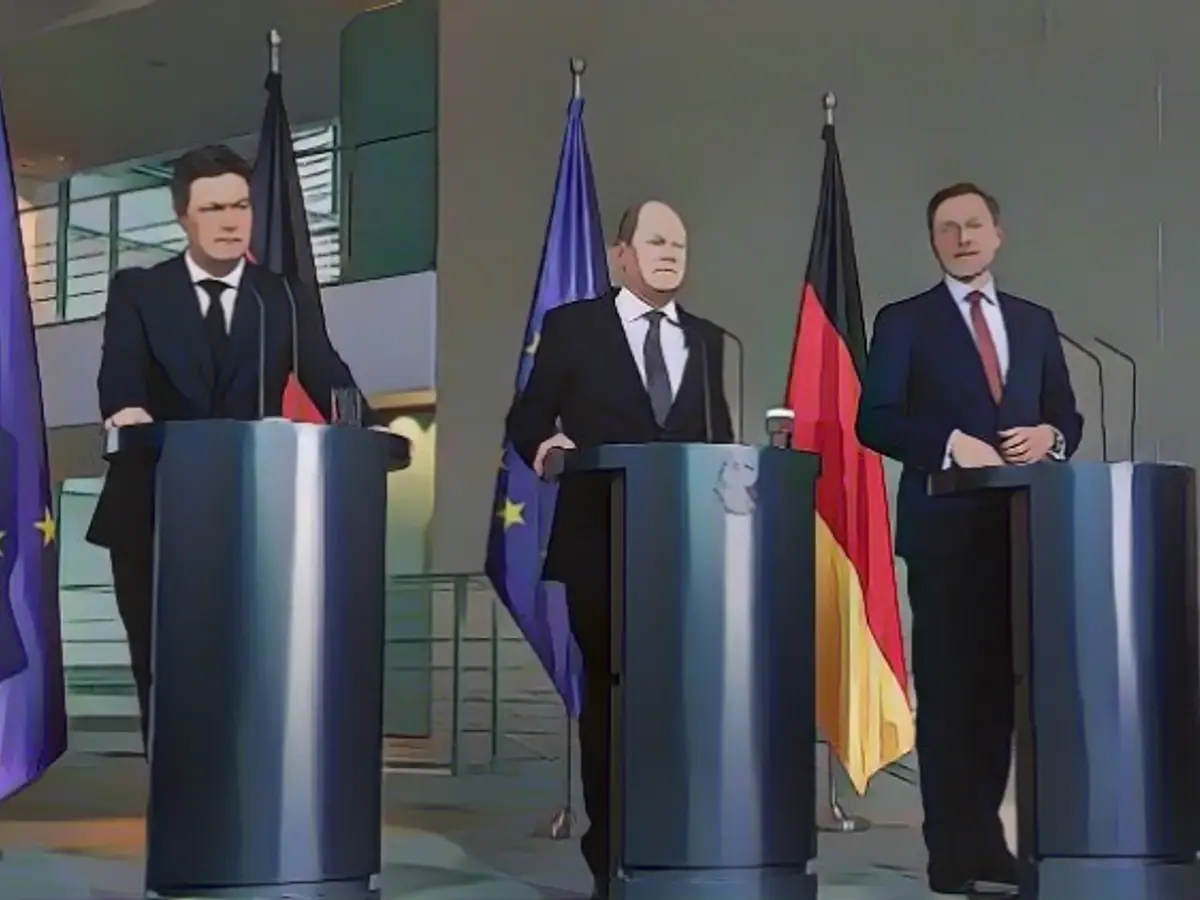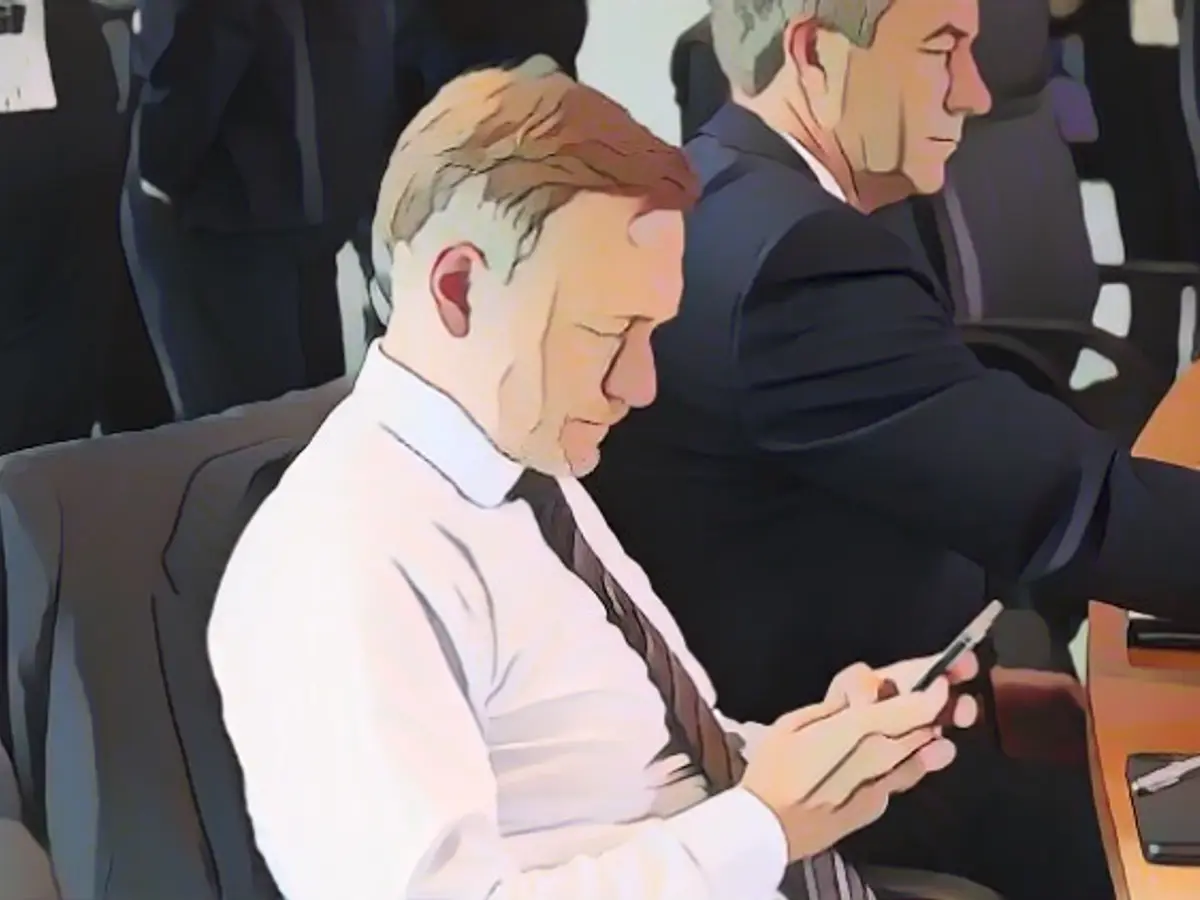After Finance Minister Christian Lindner announced the early end of price brakes for electricity and gas, his coalition partner, SPD's co-chair Lars Klingbeil, voiced concerns. Klingbeil emphasized the need for unity and an overall package to address rising energy costs, as the coalition had yet to discuss how uncertainties in energy prices would be covered post-expiration.
Following Lindner's announcement, criticisms flew, with Klingbeil pointing out the importance of collaboration and collective decision-making. The SPD wanted security in case energy prices surged, while the Ministry of Finance argued there was no lack of agreement.
The state price brakes, introduced in March to prevent consumers from being overwhelmed by energy price hikes, have since proven less necessary due to the recovery of energy markets. According to tariff comparison portals, consumers are only expected to face relatively modest additional costs when the price brakes expire at the end of the year.
However, ensuring stability in energy prices beyond the expiration of these brakes requires a comprehensive approach. Strategies may include:
- Implementing dynamic tariffs that reflect real-time market conditions.
- Boosting grid infrastructure and promoting the use of smart meters.
- Modernizing grid-scale battery energy storage systems and constructing hydrogen-ready gas-fired power plants.
- Adopting legislative initiatives, such as revising the Energy Industry Act and implementing the RED III directive.
- Introducing capacity markets to supplement renewable energy production.
- Building political consensus and coalitions among parties with varying priorities.
By tackling energy price stability using multiple strategies, the German government can guarantee security in energy prices, despite the expiration of the state price brakes and complex political disagreements.
